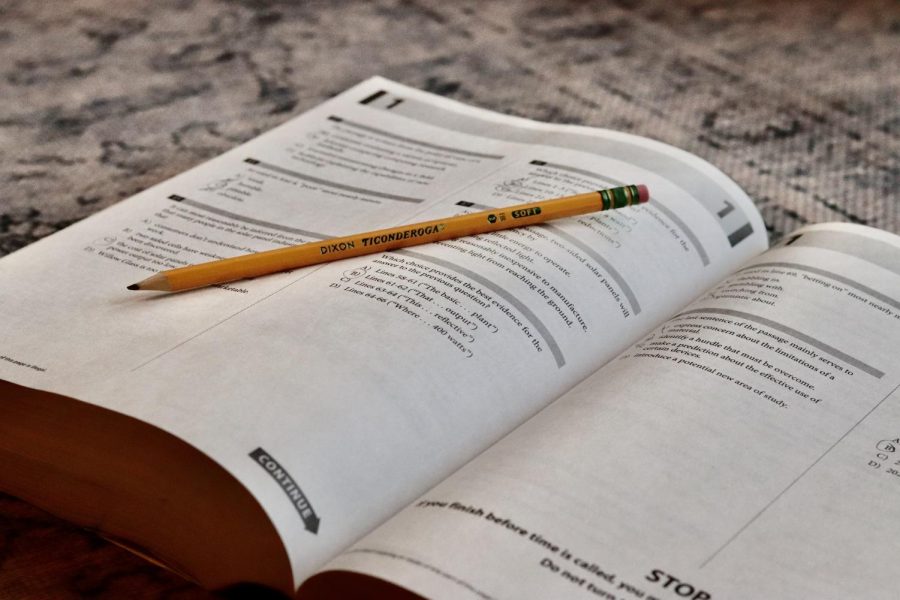STUDYING FOR THE SAT
Tips that may help on improving your scores
The SAT (Scholastic Aptitude Test) is a standardized test given to high schoolers to show their aptitude and their preparation for college.
Here are some tips for studying for the SAT:
- Find a quiet place to study
- Have good/useful studying materials
- Set a Timer
- Set realistic goals
- Add in Breaks
Find a quiet place to study-
For you to be completely focused and free from distractions, choose a quiet place where there are no distractions. This can be a library, an office, or even your room. However, an advice is to stay away from your bed or anywhere too comfortable. Because this test does take up to 3-4 hours, it is tempting to fall asleep while practicing.
Have good/useful materials-
Practice tests are a great go-to when studying for the SAT. Practice tests can be found online (college board website) or may be sold in books (The Princeton Review or College Board). These books provide a thorough examination of each question in each test. Online study guides/tests may also help. Khan Academy provides a program that shows your strengths and weaknesses and allows you to work on your weaknesses.
Set a timer-
Because this test is timed, it is best that you learn how to pace yourself. You can break down sections of the test and time yourself. No need to take a full 4-hour test every time you study!
Set realistic goals-
This is a gradual process. The more you study and practice, the better your scores will be. Set goals so that you can see progress and work from there. Set goals that are attainable and will result in motivation rather than discouragement.
Add in breaks-
Due to the arduous nature of this test, your physical and mental stamina will play a vital role in how well you test. To strengthen your endurance, add in breaks. For example, in the reading section, instead of doing all 5 passages at once, take 2 and take a breather. After, finish up with the following 3 passages. Breaks allow for your body to relax and to regroup instead of burning out.
These tips are to help the way you test and hopefully build a better studying routine. Scores won’t automatically increase, but you know what they say, “Practice makes perfect”. The more you practice, the better your testing endurance gets. The more you practice, the more you understand the test. The more you practice, the better your score will be.

Hey! My name is Xuan Nguyen and will be the College Corner Section Editor this year. This is my 2nd year in iHoot but my 4th and final year...

Hi guys! My name is Nhi Nguyen and I'm a Senior this year at iUniversity Prep. This is my first year in iHoot and I'm so excited to be the editor for the...







